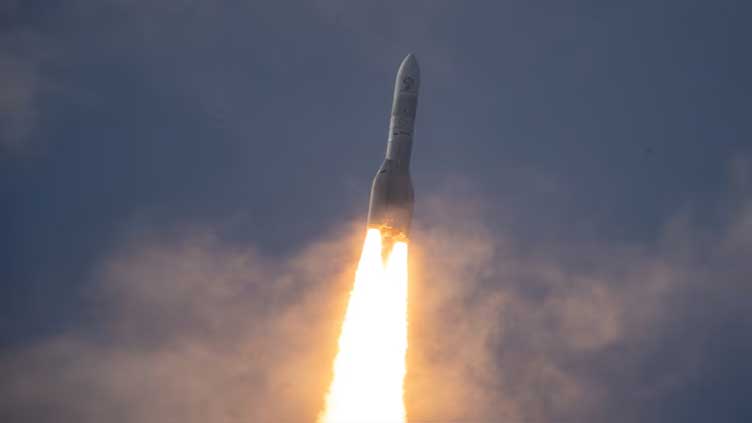Italy urges tighter European cooperation to compete in space

Technology
Italy urges tighter European cooperation to compete in space
MILAN (Reuters) - The European Union needs to deliver faster decisions and clearer rules to make the bloc's space sector competitive and investor-friendly, the head of Italy's space agency and the country's industry minister said on Monday.
The two officials spoke on the sidelines of a meeting of the world's space agencies in Milan this week as geopolitical rivalry fuels a global race in Earth's orbit and on the moon, and increased competition from private companies is dominated by Elon Musk's SpaceX.
"There is always a need for cooperation and collaboration among European countries in this sector, for (the bloc) to be a player, in the medium and long term," ASI President Teodoro Valente told Reuters.
"No European country can bear the financial burden alone," he said, adding collaboration needed to be balanced by "a healthy mechanism of competition" to ensure efficiency.
Valente said Europe was working to "create sufficient critical mass" but decision-making, priority setting and programme implementation needed to improve to deal with the level of international competition.
Italy's Industry Minister Adolfo Urso echoed Valente's comments and urged clearer rules at a European level.
"EU regulation should take into account national legislation and create a more harmonised framework", Urso told reporters.
"Space is one of the sectors Europe must focus on to be globally competitive," Urso said, adding that the bloc needed to invest significantly, with particular attention to its launcher policy.
Europe made a return to space in July when the Ariane 6 launcher carried out a series of trials, but its capacity remains limited after ties with Russia were cut following the Ukraine war.
Italy's Vega-C rocket is expected to return to flight in December after implementing fixes by the European Space Agency following a failed launch.


